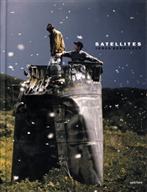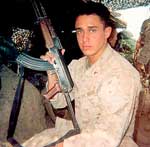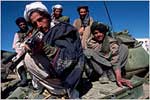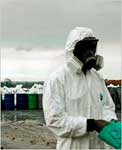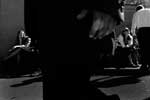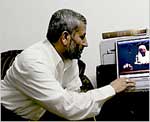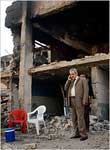
NYT:
Over the next few days, the skin of his 6-month-old son, Salam, bloomed with blisters, which burst into weeping sores all over his body. The whole family suffered headaches, nosebleeds and stomach aches.
How that slick, a highly toxic cocktail of petrochemical waste and caustic soda, ended up in Mr. Oudrawogol’s backyard in a suburb north of Abidjan is a dark tale of globalization. It came from a Greek-owned tanker flying a Panamanian flag and leased by the London branch of a Swiss trading corporation whose fiscal headquarters are in the Netherlands. Safe disposal in Europe would have cost about $300,000, or even twice that, counting the cost of delays. But because of decisions and actions made not only here but also in Europe, it was dumped on the doorstep of some of the world’s poorest people.
So far eight people have died, dozens have been hospitalized and 85,000 have sought medical attention, paralyzing the fragile health care system in a country divided and impoverished by civil war, and the crisis has forced a government shakeup.
“In 30 years of doing this kind of work I have never seen anything like this,” said Jean-Loup Quéru, an engineer with a French cleanup company brought in by the Ivorian government to remove the waste. “This kind of industrial waste, dumped in this urban setting, in the middle of the city, never.”
Here.
 NoTxt #5 – Street Art Issue is now online, featuring: Tiki Jay One, REONE, Peat Wollaeger, ZOLTRON, Jackson, RoBaCk, Barto, Slinkachu, Brian Nicholson, DiMZ/WON, NO/FI, Graffinc, Smear, VD, Dial One, Dallas Graham, Shane “AKO” Whisenant, Mr. Sid, Anville, Kegr One, Disposable Hero, Tafe, Restitution Press, Bytedust, L3mn
NoTxt #5 – Street Art Issue is now online, featuring: Tiki Jay One, REONE, Peat Wollaeger, ZOLTRON, Jackson, RoBaCk, Barto, Slinkachu, Brian Nicholson, DiMZ/WON, NO/FI, Graffinc, Smear, VD, Dial One, Dallas Graham, Shane “AKO” Whisenant, Mr. Sid, Anville, Kegr One, Disposable Hero, Tafe, Restitution Press, Bytedust, L3mn
